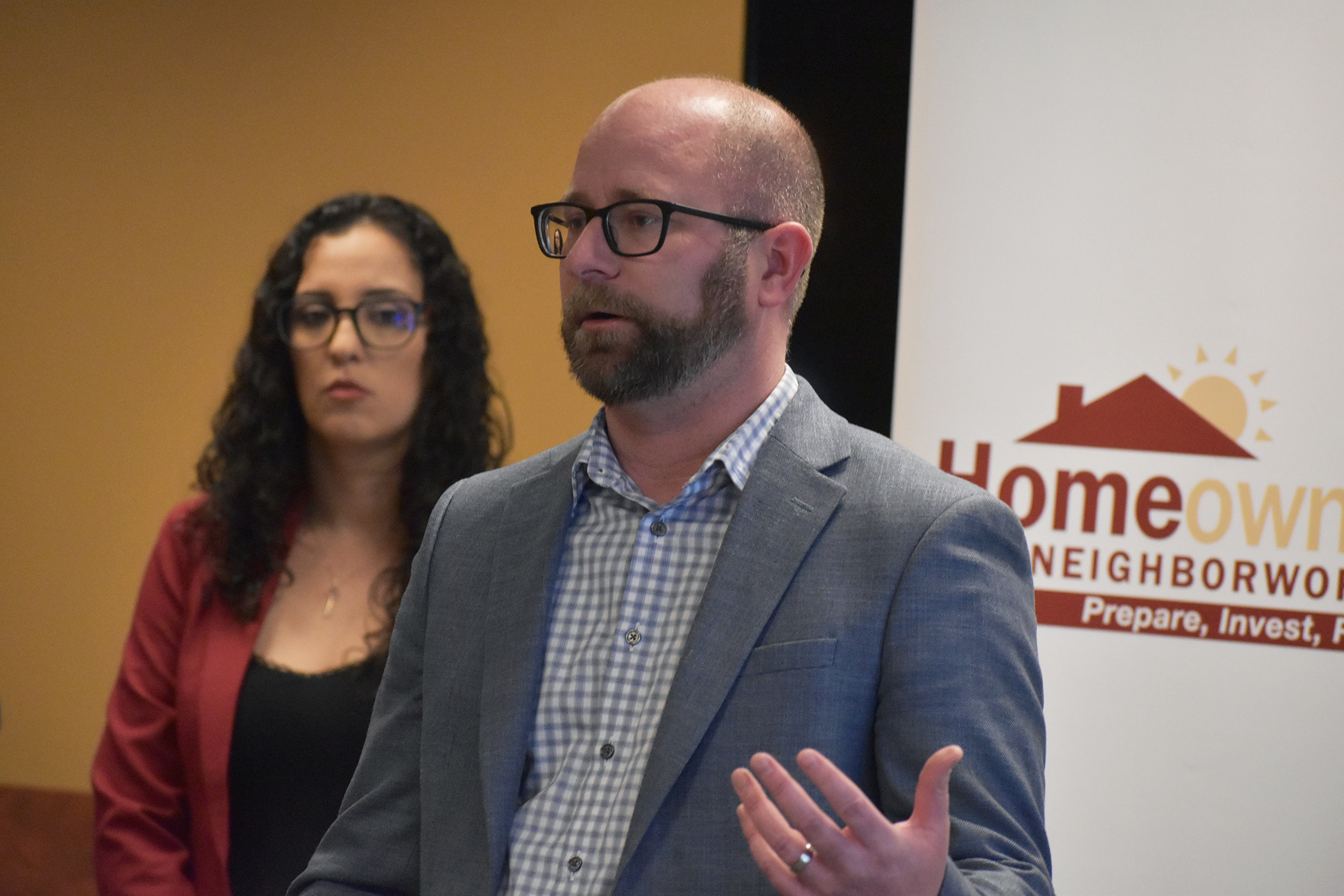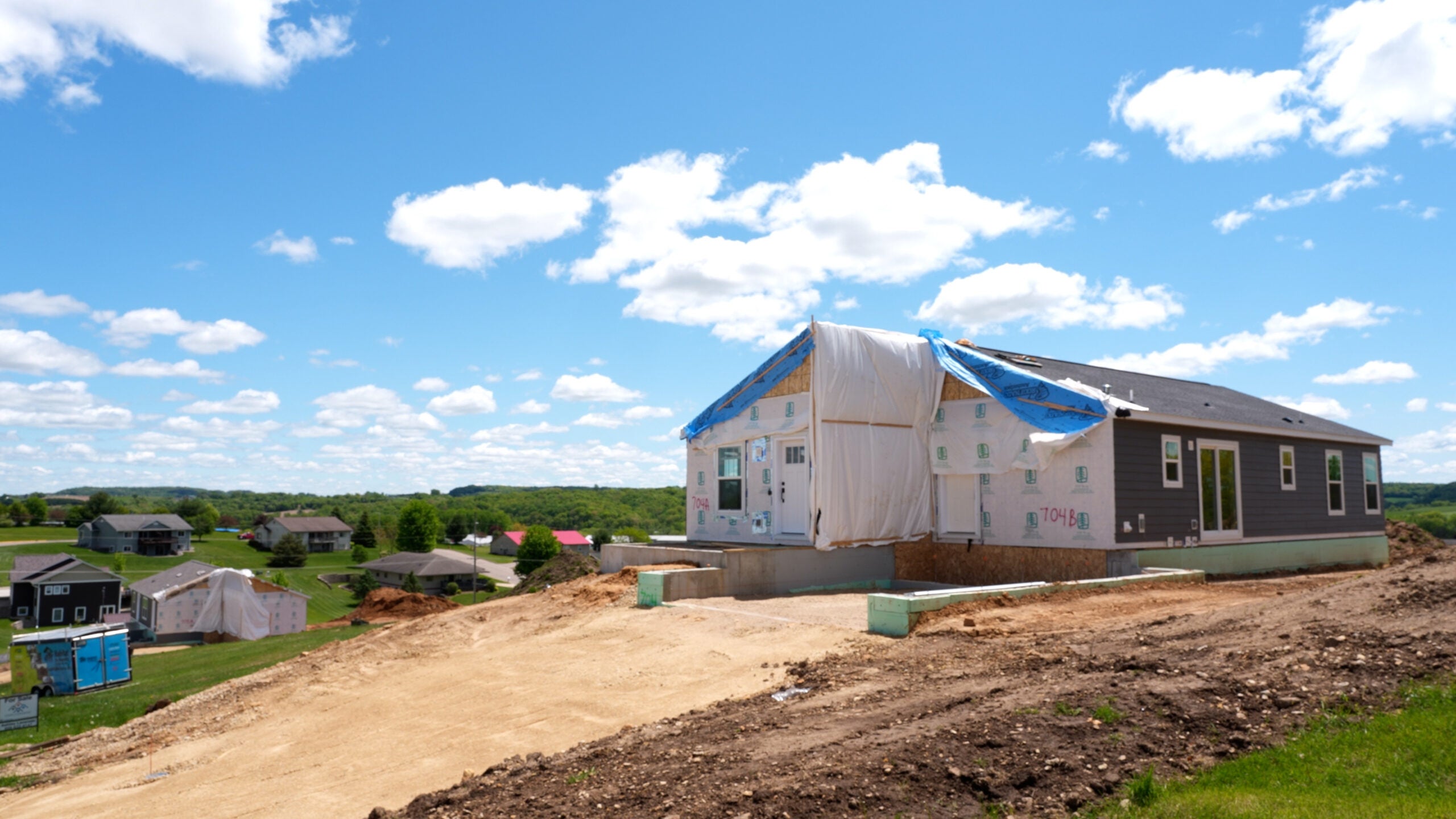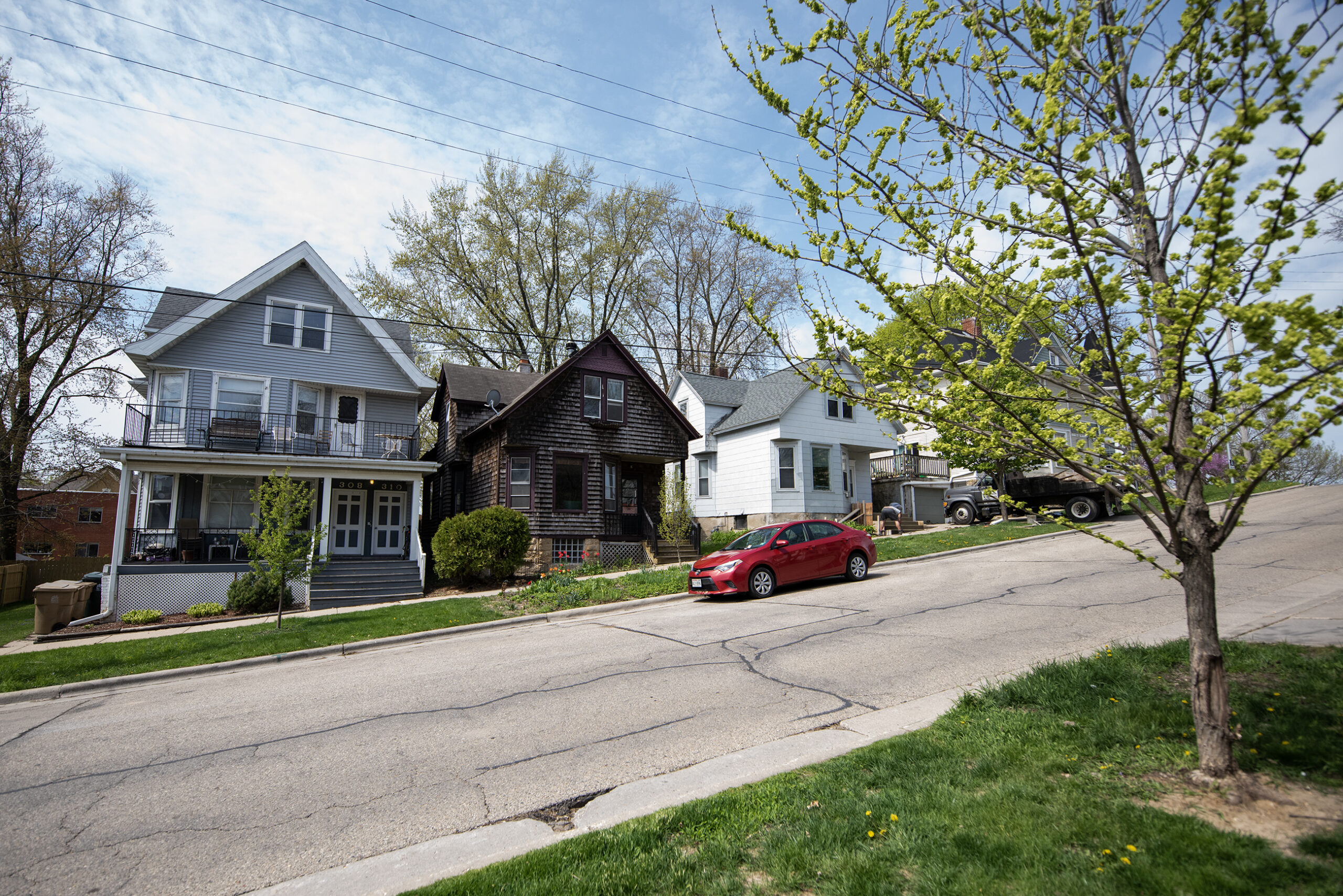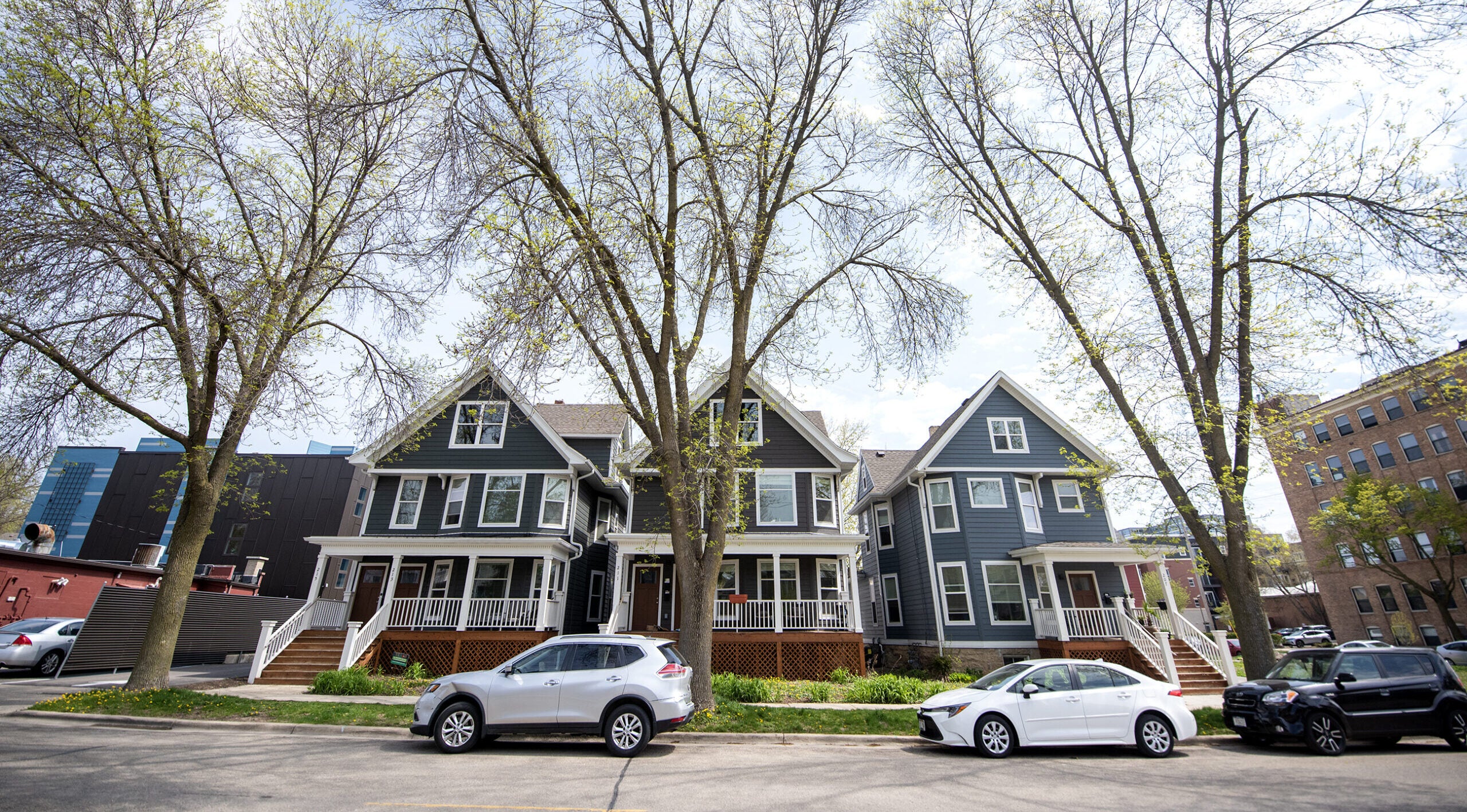Madison’s Common Council is easing limits on the number of unrelated people who can live together in neighborhoods dominated by single-family homes.
Supporters of the changes, which passed in a 13-6 vote Tuesday night, say those restrictions limited housing options as the city struggles with a housing affordability crisis.
In more than a third of the city, the existing zoning restrictions prohibited any more than two unrelated tenants from living together in homes not occupied by the owner. In those same areas, which are generally home to a majority of single-family residences, no more than five unrelated people could live together as long as the home is owner-occupied.
News with a little more humanity
WPR’s “Wisconsin Today” newsletter keeps you connected to the state you love without feeling overwhelmed. No paywall. No agenda. No corporate filter.
In other zoning districts, which generally have higher-density housing, up to five unrelated people could have lived together regardless of whether the home is owner-occupied. That zoning ordinance defined family as anyone related by blood, marriage, adoption or fostering, and it did not impose limits on the number of people in one family who could live together.
Following the changes, up to five unrelated adults will be able to live together, regardless of what zoning district they live and whether they are owners or renters. Additionally, up to two couples with children could live together as one household.
The city added its family-based zoning limitations during the 1960s to protect single-family neighborhoods from college-student renters, according to an analysis submitted along with the amendment.
But the result has discriminated against renters, who are more likely to be people of color and those in lower income brackets, some city officials argued.
“A red flag here is we were regulating types of people, instead of types of uses,” Zoning Administrator Katie Bannon said in a presentation to the council.
In Madison, more than half of white households own homes, compared to 30 percent of Hispanic households and only 15.3 percent of Black households, according to U.S. Census data submitted by the city’s zoning staff.
Olivia Williams, who works for the Madison Area Community Land Trust, called the preexisting ordinance “exclusionary by definition.”
“We’re using our zoning code to keep certain people out of residential neighborhoods, particularly low-income people, renters and unmarried people,” Williams said during public comment. “This ordinance (amendment) won’t fix the housing crisis, but it will at least open up housing choice for renters.”
Critics of the proposal Tuesday night worried that loosening limits on unrelated people living together could drive up housing prices. They also raised concerns about large groups of students being disruptive, especially in family-focused neighborhoods.
Mayor Satya Rhodes-Conway sponsored the proposal that passed Tuesday, writing that the existing policy’s definition of family “creates unnecessary barriers for people wishing to pool resources to rent a space together.”
“I am also aware of the real harm caused to individuals and families who have been found to be out of compliance with current policy,” Rhodes-Conway wrote to planning commissioners. “For all our work against housing insecurity, we cannot turn a blind eye to our role in perpetuating it through our current policy.”
In that Feb. 10 message, Rhodes-Conway also asked for research into whether the change could lead to real estate speculation from outside investors. In an analysis submitted Tuesday, city zoning staff acknowledged ordinance changes will likely increase demand for single-family homes being used as rental units. But staff also argued that many of the conditions that are typically attractive to outside real estate investors — like having low property taxes and having a large group of homes available for purchase in a concentrated area — don’t really exist in Madison.
Alders Regina Vidaver and Tag Evers attempted to tweak the proposal by adding a zoning overlay, which would have allowed up to three unrelated renters living together. But the majority of the council voted down that amendment, which would have been in place for three years and would have applied only to specific zones near the University of Wisconsin-Madison campus.
“We know that the campus area is different, and that is why we are asking for this very modest compromise to this amendment to say, ‘In this area, let’s slow the roll,’” Vidaver said of her failed proposal. “Because we have so much housing coming on board in the near-campus areas that will be attractive to students going forward.”
Former Madison School Board President Gloria Reyes, who’s running to unseat Rhodes-Conway in Madison’s April 4 mayoral election, voiced her opposition to the changes adopted by the council Tuesday.
“Black people and brown people want to own homes, they want to live in these neighborhoods,” Reyes said during public comment. “Changing the family definition does nothing to make these housing units and developments more affordable, particularly when you’re close to campus.”
Wisconsin Public Radio, © Copyright 2025, Board of Regents of the University of Wisconsin System and Wisconsin Educational Communications Board.







